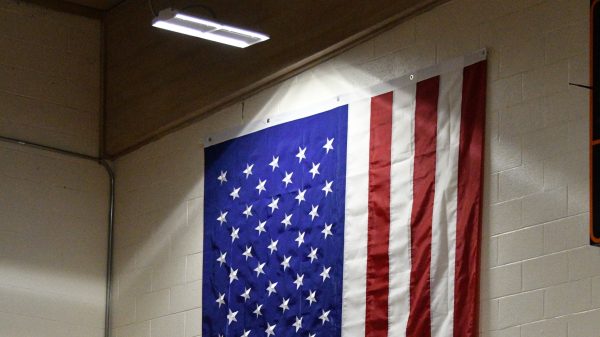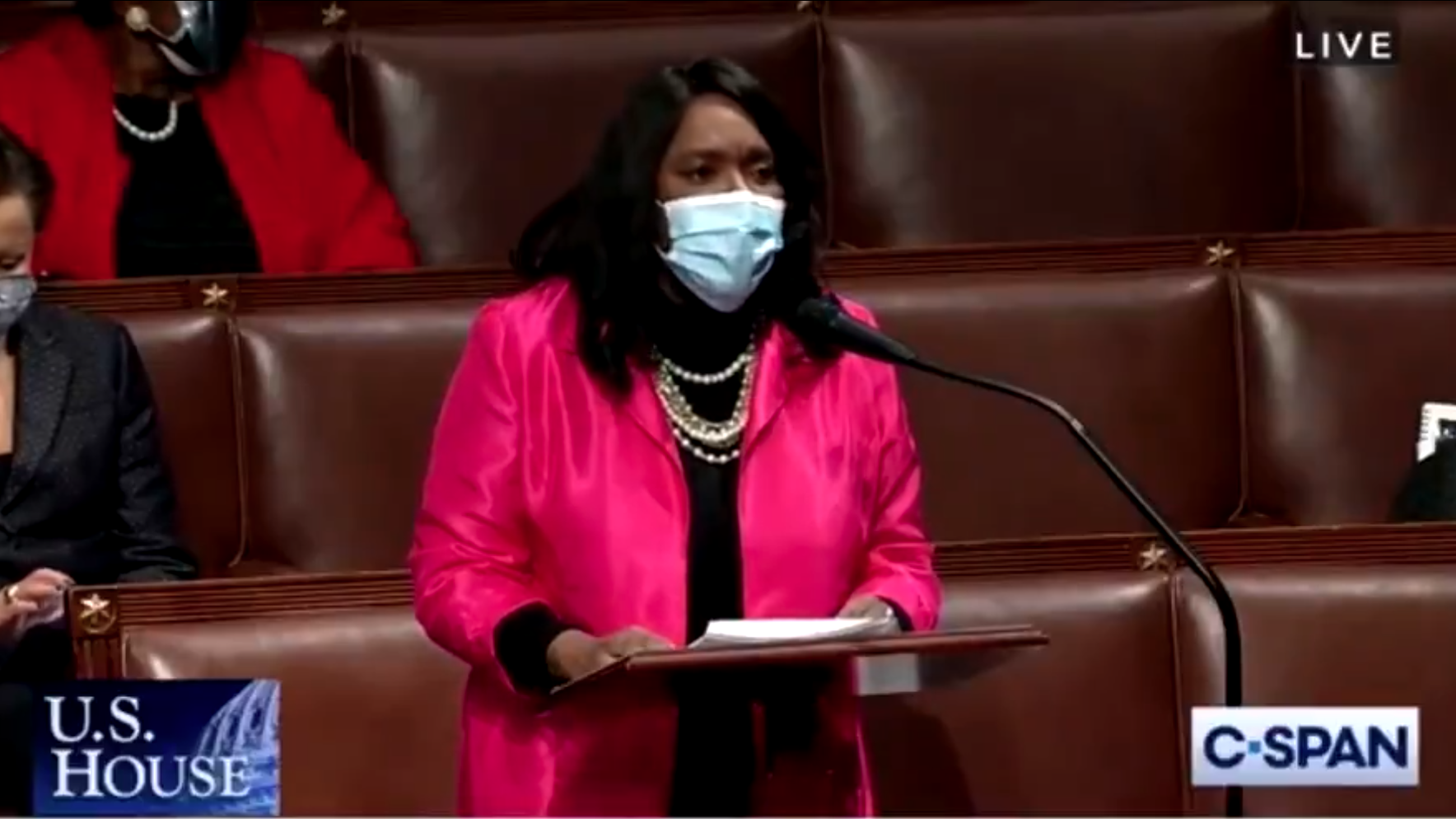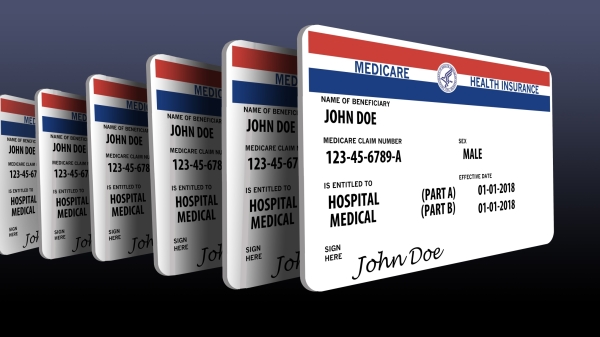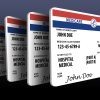Tuesday, Reps. Sewell, Arrington, Ruiz, and Hudson introduced the bipartisan Medicare Multi-Cancer Early Detection Screening Coverage Act to remove barriers to access for FDA-approved multi-cancer early detection tests. Sponsors say that this new technology will pave the way for the future of early cancer detection
U.S. Reps. Terri Sewell, D-AL07, Jodey Arrington, R-Texas, Raul Ruiz D-California, and Richard Hudson R-North Carolina introduced the legislation to ensure timely Medicare coverage of groundbreaking early cancer detection tests for our nation’s seniors. The bipartisan legislation promotes emerging advances in our nation’s fight against cancer by ensuring Medicare coverage for new, innovative tests that detect multiple types of cancer before symptoms develop.
“Cancer survival rates are higher when detected early, and groundbreaking scientific advances in early cancer detection tests have put America on top in the global fight against cancer,” said Rep. Sewell, the lead sponsor of the bill. “The lack of access to preventative services and treatments dramatically impacts health outcomes, particularly among our minority, economically fragile, and rural communities. This legislation will address those inequities by modernizing the Medicare statute to ensure timely access to multi-cancer screening for beneficiaries.”
“Multi-cancer early detection is an incredible example of the US leading in medical innovation,” said lead Republican cosponsor from the Ways and Means Committee, Rep. Arrington. “This type of screening has the potential to drastically improve quality of life for American cancer patients and their families, and early detection will save taxpayer dollars by treating cancer before it spreads. I am proud to support this legislation and pave the way for Medicare beneficiaries to access this life-changing technology.”
“Detecting cancer early improves health outcomes and saves lives,” said Ruiz who is also a medical doctor. “With innovative medical technologies, we can catch more cancers earlier than ever, but patients must be able to access these screenings. That’s why it’s very important for Medicare policy to keep pace with the development of multi-cancer screenings. I am glad to join my colleagues in introducing the Medicare Multi-Cancer Early Detection Screening Coverage Act of 2021 to modernize Medicare coverage so older Americans can access these screenings and improve their health outcomes.”
“Families are devastated by a cancer diagnosis and as the second leading cause of death in the United States, it happens all too often,” said Rep. Hudson. “By increasing access to multi-cancer early detection screening tests through Medicare, we can detect cancers sooner and save lives in North Carolina and around the country. As a member of the Health Subcommittee, I once again look forward to advancing this bipartisan legislation.”
Gary A. Puckrein, PhD is the President and CEO of the National Minority Quality Forum.
“The National Minority Quality Forum is grateful to Rep. Sewell for her continued work to reduce patient risk by improving cancer detection and treatment outcomes,” said Dr. Puckrein. “Cancer impacts all populations, but it is particularly devastating for communities of color. Clearing the path to multi-cancer early detection technology is an essential component of efforts to close documented gaps in cancer outcomes among historically disenfranchised racial and ethnic groups, and will make a difference for all Americans. The Medicare Multi-Cancer Early Detection Screening Coverage Act is forward-looking and responsive to the needs of American families and communities.”
Jody Hoyos is the Executive Vice President of the Prevent Cancer Foundation.
“As an organization solely dedicated to saving lives through cancer prevention and early detection, we are thrilled to lead a chorus of voices in supporting the introduction of the Medicare Multi-Cancer Early Detection Screen Coverage Act of 2021,” said Vice President Hoyos. “Providing a pathway for Medicare to cover early detection tests is a critical step for ensuring our seniors—who are at higher risk for cancer—have access to lifesaving new technology.”
The Medicare Multi-Cancer Early Detection Screening Coverage Act responds to a misalignment between advances in science and Medicare coverage by allowing for Medicare coverage of multi-cancer screening. The legislation would:
Create the authority for CMS to cover blood-based multi-cancer early detection tests and future test methods (like urine or hair tests), once approved by the Food and Drug Administration (FDA). Congress has acted before to create coverage for other cancer screenings including mammography and colorectal screenings.
Maintain CMS’ authority to use an evidence-based process to determine coverage parameters for these new tests.
State that these new tools will complement, not replace, existing screenings and coverage and cost sharing will not be impacted.
Under current law, Medicare coverage of preventive services is limited to circumstances in which Congress has explicitly authorized coverage or the U.S. Preventive Services Task Force recommends the service with a grade of A or B. In the absence of this legislation, it could take several years after FDA approval before Medicare beneficiaries could receive coverage for such tests. This bill would greatly reduce delays for seniors while allowing CMS to use its evidence-based process to determine coverage. Accordingly, these new multi-cancer screening tools will complement existing screenings and dramatically improve our nation’s cancer early detection capabilities.
More than 300 organizations across the country, led by the Prevent Cancer Foundation, shared a letter in support of the Medicare Multi-Cancer Early Detection Screening Coverage Act. Local and national patient advocates, healthcare organizations, clinicians, and other stakeholders from all 50 states urged Congress to pass this critical legislation.
Terri Sewell is in her sixth term representing Alabama’s Seventh Congressional District.














































